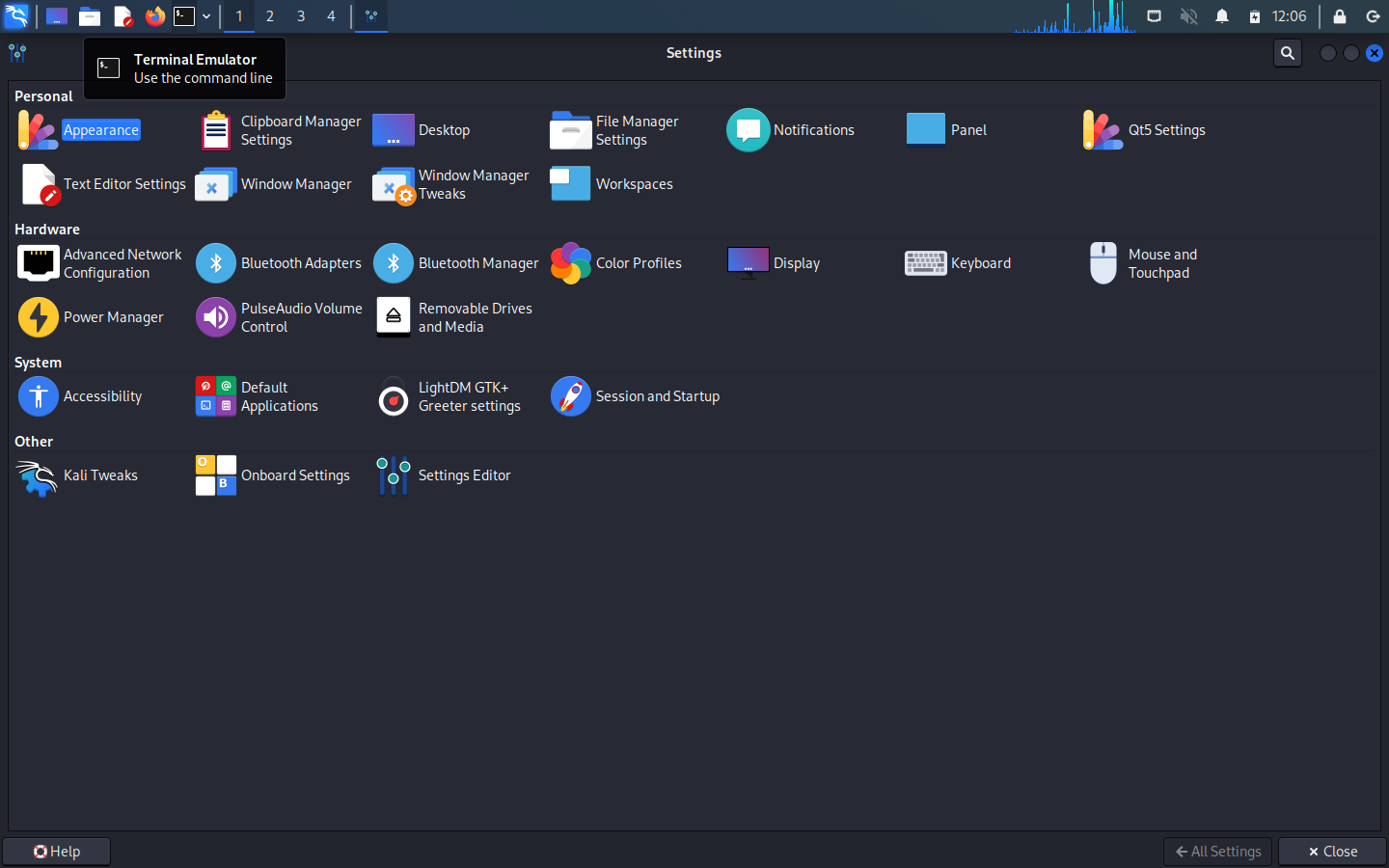

Your first screenshot shows a dump with at least one fragment missing (the one with offset 17760). So whenever something is missing from the capture, it means the NIC never received it (or it got dropped by the hardware directly). What you see in Wireshark (or any pcap-based tool) is the raw communication passing to and from the NIC before it is handed over to the OS network stack. This is not a reassembly issue and no amount of fiddling with timeouts is going to fix it. Some fragments are getting lost for whatever reason. I tried doing the following too (10 times of above settings): sudo sysctl -w _time=300 Here is the output of sudo sysctl -a | grep ipfrag _high_thresh = 4194304 I attached a Wireshark capture file below: Seems like, there are some system parameters on Linux that affects packet dropping. On the same client machine, when log out of Ubuntu and log in to Win10, I can't see dropped packets and all the transmitted chunks reassmbled and sent to corresponding port. I am never seeing this issue in Windows 10. Is there a way to correct this behavior (relax the conditions that result unable to reassemble the packets) to capture all the packets? I am mostly seeing fragmented IP protocol packets and after those, I am seeing time-to-live exceeded (fragment reassembly time exceeded).


I can see some of those packets are correctly re-assembled by the OS but not most of them. I'm trying to capture those packets in my Linux machine (Ubuntu 22.04.2 LTS) with Python programming language.īut, most of the time the sent packets are not received correctly from the OS. I have been working with a device that sends heavy TCP/IP traffic.


 0 kommentar(er)
0 kommentar(er)
